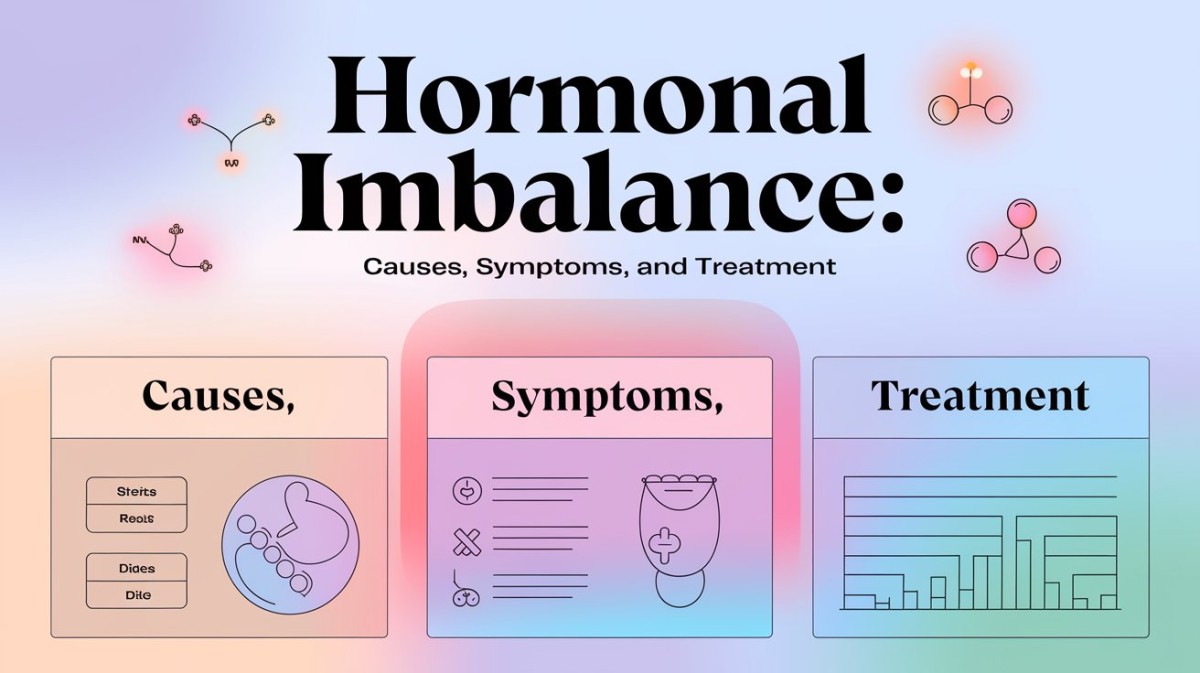Thinking back have you ever gone through mood swings that had no explanation
Are you feeling tired all the time?
Or gaining or losing weight without any reason?
All these symptoms may sound as if they are random but they can be indicative of hormonal imbalance in your body. Hormones are those substances that determine almost all aspects of human existence including the sleep and wakefulness, energy utilization, stress management, mood swings, etc. When they become misaligned, you may experience rather unpleasant impacts on your health and wellbeing. But what causes hormonal imbalance in the first place, and even more crucially, what do you do about it?
So, let’s go further and explore this topic to find how to deal with hormonal imbalance that can help you feel like yourself again.
What Are Hormones?
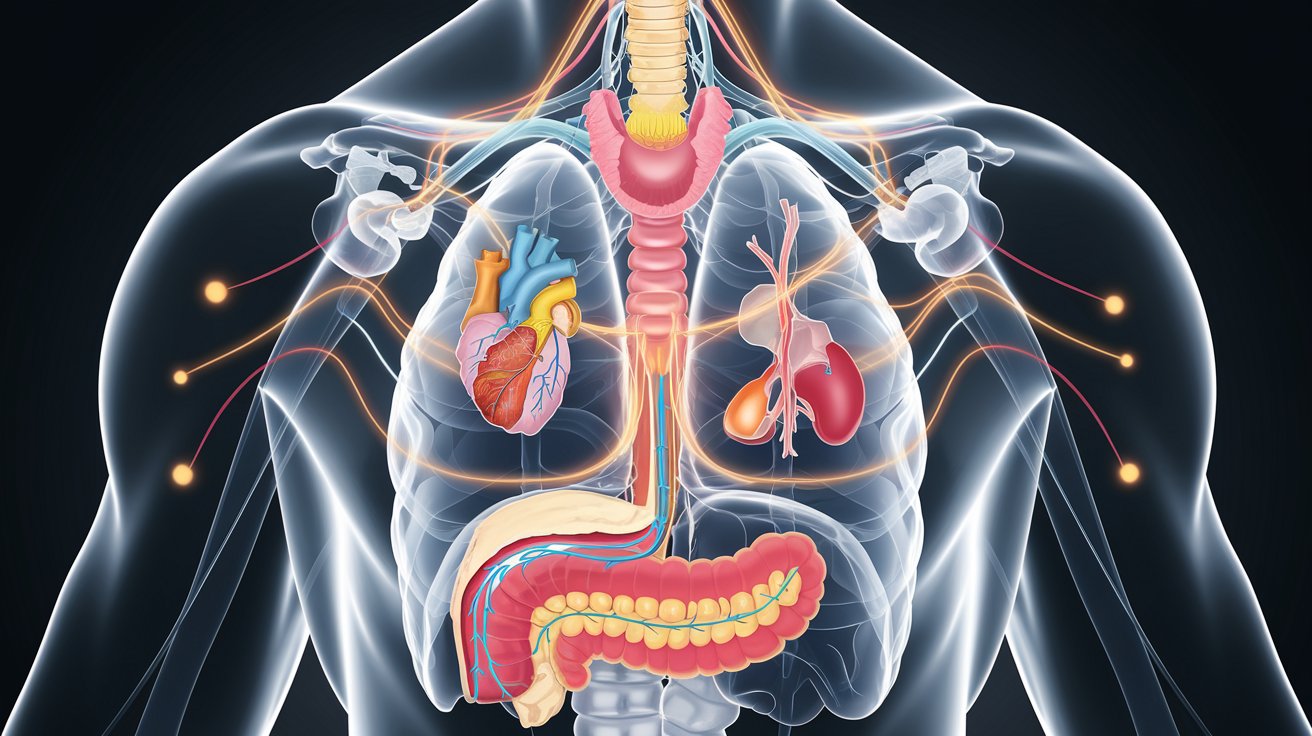
Let’s first discuss what hormones are and their primary function in your body, and then unveil the causes and symptoms of hormonal imbalance. Hormones are chemical messengers that are secreted by glands in your body endocrine system to control various activities in your body. Some of these hormones are insulin, estrogen, testosterone, cortisol, and thyroid hormones, among others, which regulate functions such as metabolism, sexual activity, growth, and emotions.
Causes of Hormonal Imbalance
These hormones are some of the simplest, yet most important natural chemicals in the human body; when your body makes the right amounts of these hormones, everything is in harmony. But, this is not completely true since even a slightly off balanced diet would trigger chain of other health problems.
There are many causes of hormonal imbalances as explained below. Some are lifestyle diseases, and others are due to other diseases that one might be having. Here are the primary causes:
1. Stress
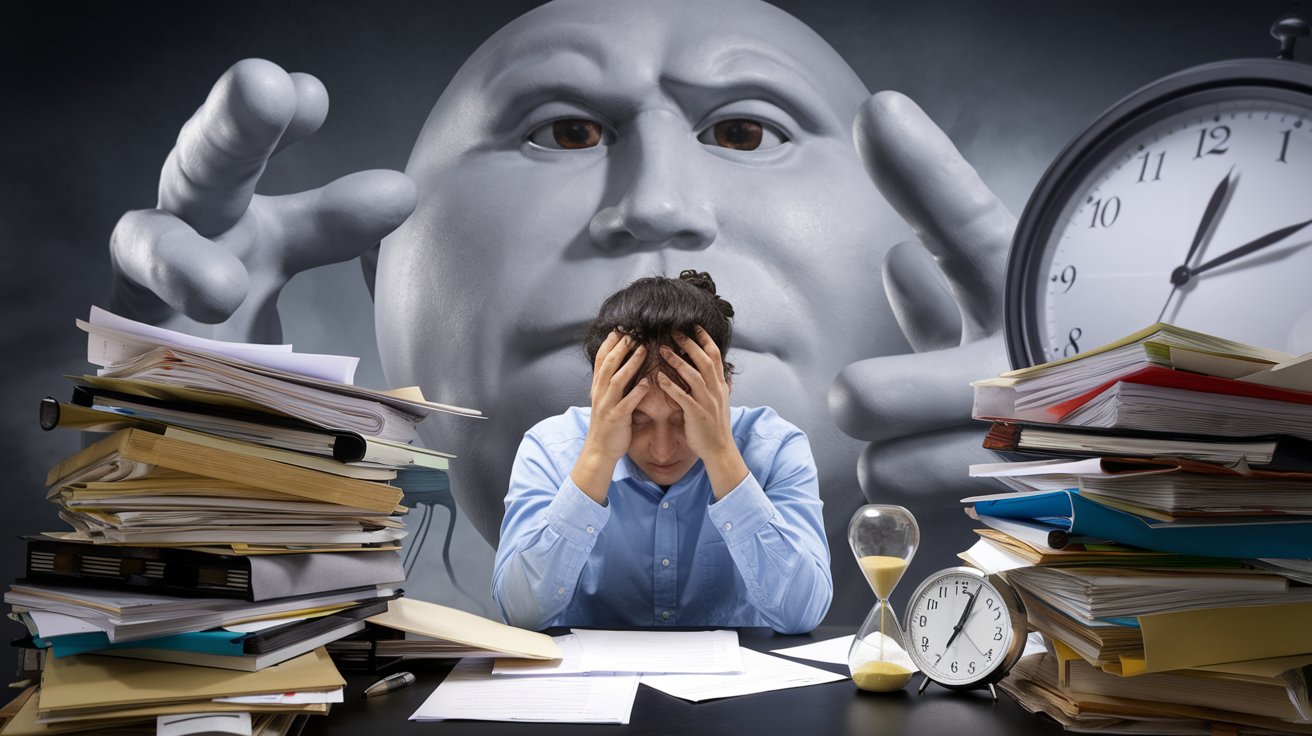
Stress and particularly chronic stress is an essential cause of hormonal imbalance. Cortisol, which is a stress hormone is produced in your body when you are stressed. But cortisol is essential in minimal quantities; nonetheless, elevated stress for long-term causes cortisol levels to rise continuously, and if they are high, they affect the balanced secretion of other hormones including thyroid hormones and insulin. In the long run, this results to such states as adrenal fatigue, burnout, and the like.
2. Diet and Nutrition
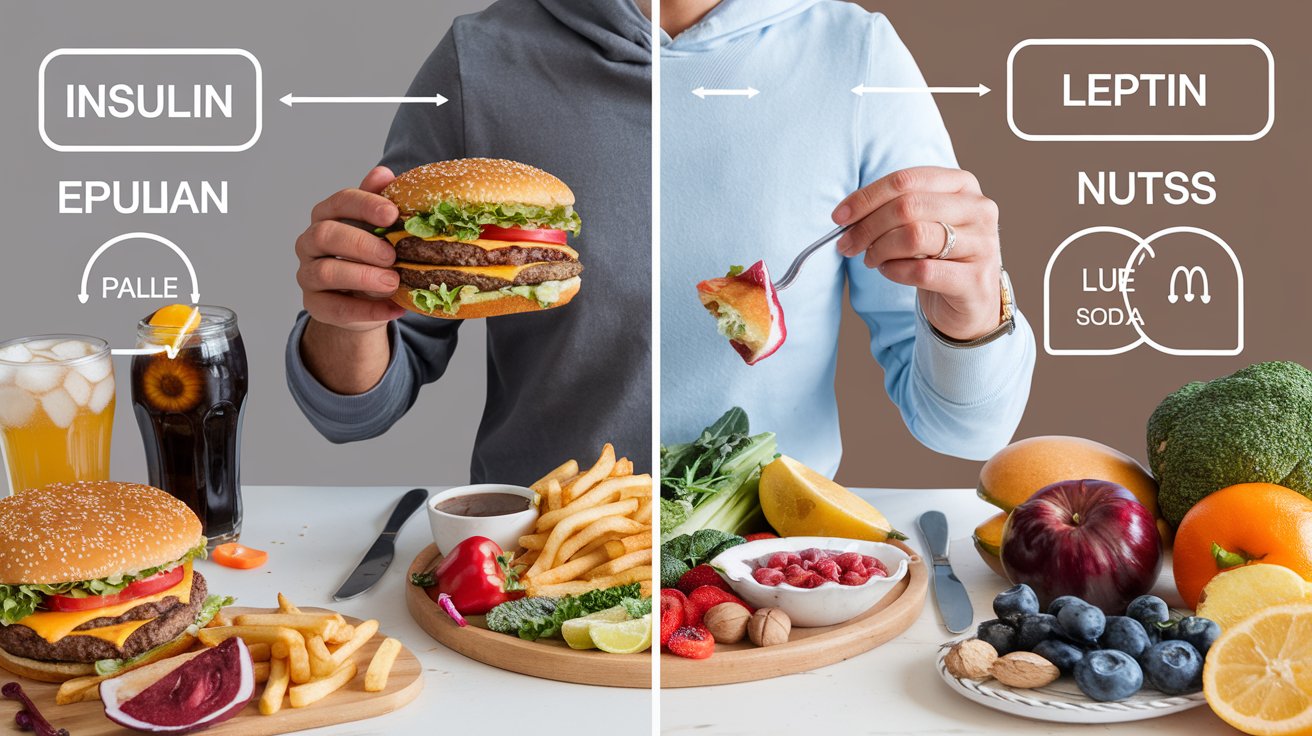
It is important that you know that your diet has a direct impact to the kind of hormones in your body. If one consumes excessive sugars, refined foods or unhealthy fats, they cause insulin resistance whereby other hormones such as the leptin which is responsible for fullness cortisol are interfered with. Besides, lack of Vitamin D, Zinc and Magnesium can hamper creation of hormones in the body They are the other nutrients that help to promote development of hormones in the body.
3. Sleep Deprivation
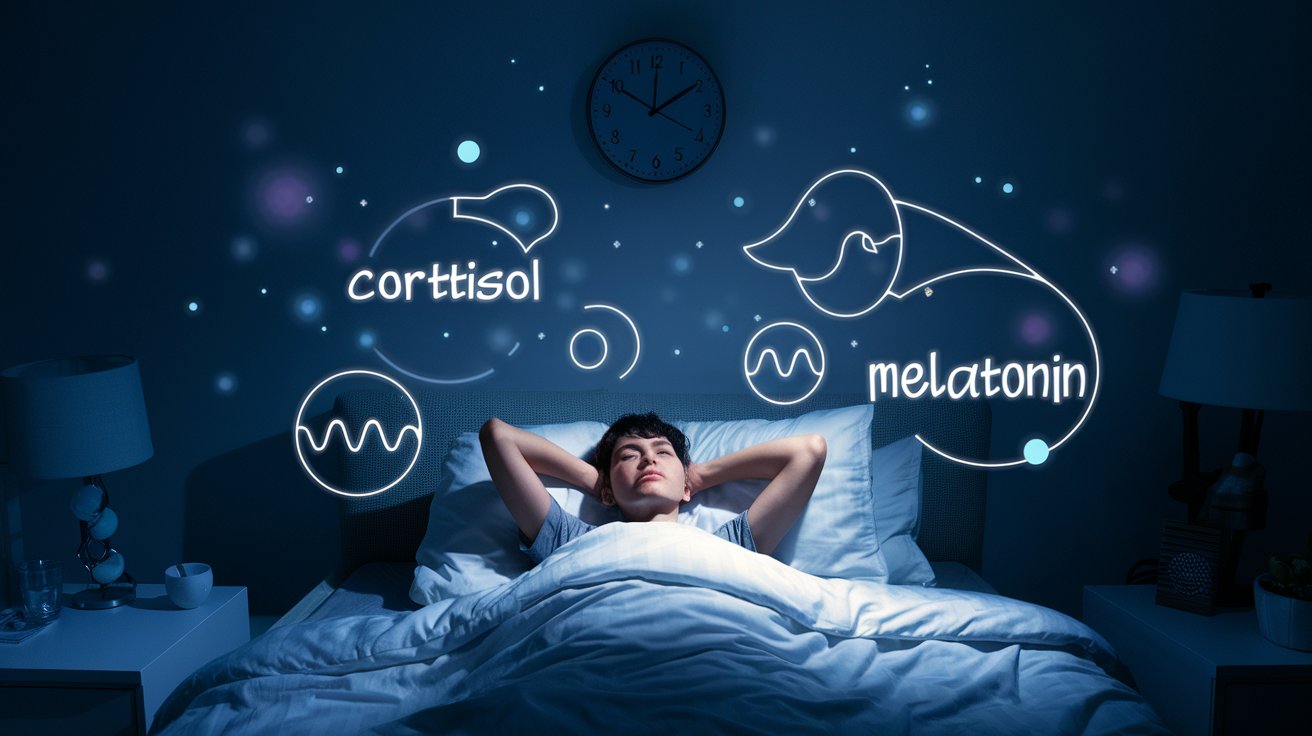
Many people are aware that poor sleep, can greatly affect your hormones. While asleep, a number of essential body processes occur for instance the regulation of hormones. Lack of sleep affect cortisol levels, worsens the insulin sensitivity and the levels of ghrelin and leptin which are responsible for hunger and appetite. In the long-run, this results to weight gain and unhealthy metabolism conditions or diseases.
4. Medical Conditions
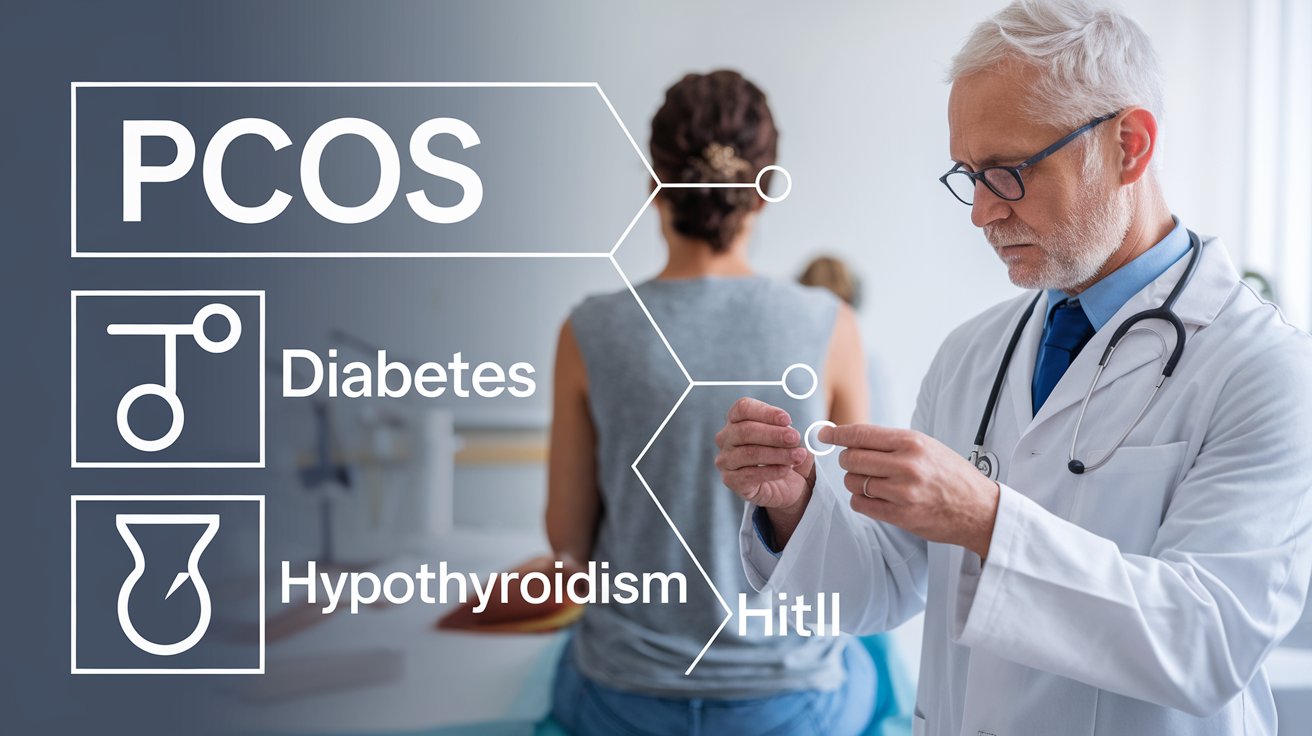
Several diseases including polycystic ovary syndrome (PCOS), hypothyroidism, hyperthyroidism, and diabetes affect the hormonal system in a big way. For instance, in polycystic ovary syndrome (PCOS), there is a condition of hyperandrogenism which is a condition of having high levels of androgens in the body resulting in an imbalance of period cycle, acne development and infertility. Similarly, thyroid disorders are known to mess up metabolism and therefore cause changes in weight and weakness and fatigue.
5. Age and Menopause
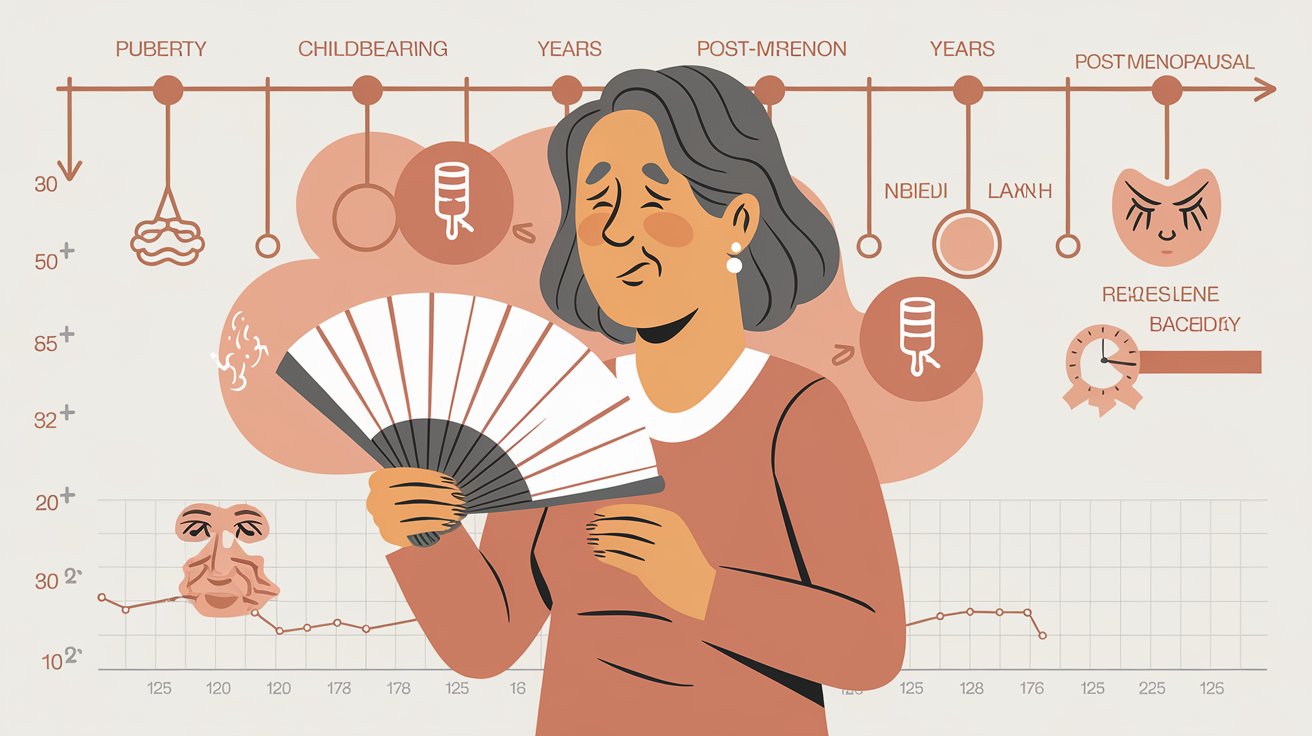
It is a common knowledge that natural aging process leads to hormonal shifts especially in women. Some examples are; Menopause results in diminishing estrogen and progesterone hormone levels thus causing hot flashes, rapid mood swings, and poor sleeping pattern. The other changes that are experienced in men as they grow older include hormonal changes; as a man ages, he is likely to suffer from low levels of testosterone, a condition that is likely to lead to changes in a man’s mood, levels of energy, and sexual desire.
6. Toxin Exposure
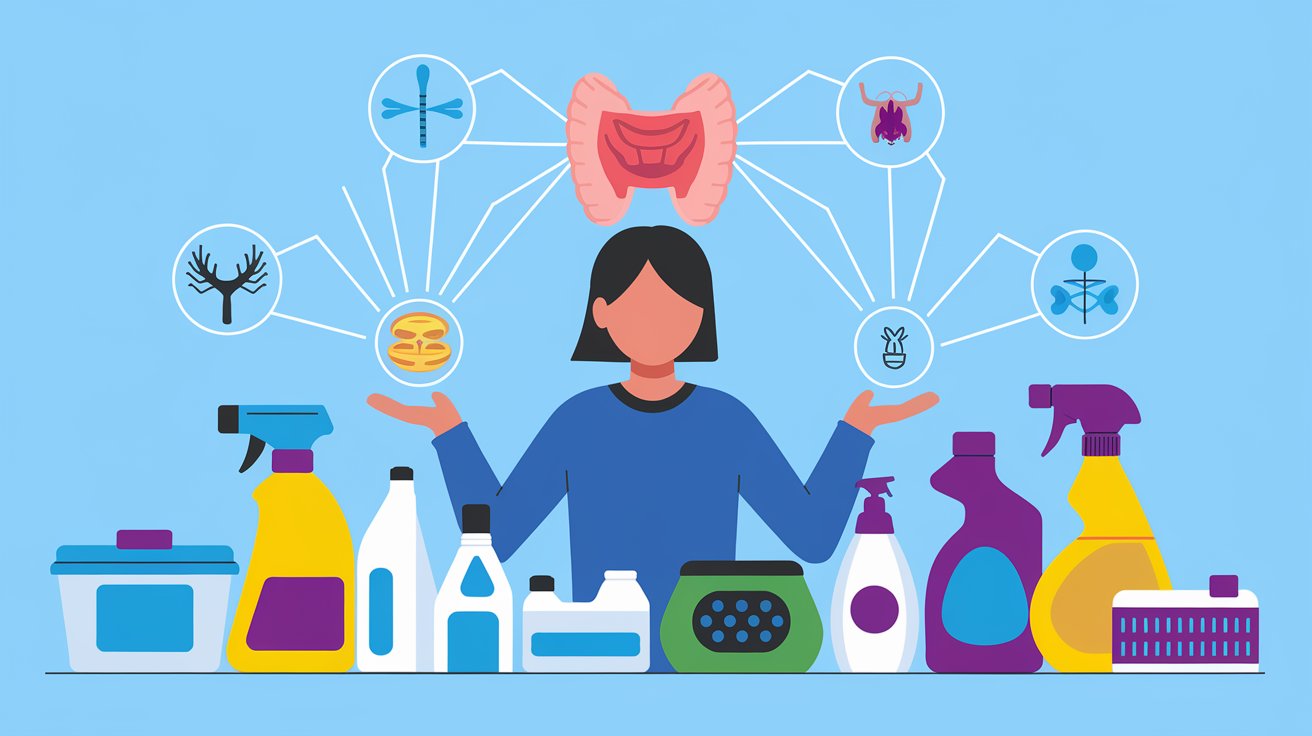
Other factors may also influence sexual hormones since the body may be exposed to environmental toxins and endocrine disruptors. Possible source can be pesticides, plastics, cleaning agents and others. These toxins are also capable of binding to receptors and thus interfering with the normal functioning by either mimicking hormones or by blocking them; thus mainly affect estrogen and thyroid hormones.
Symptoms of Hormonal Imbalance
It is for this reason that it can be said that hormonal imbalances can present itself in diverse manners depending on the hormones that have been interfered with. Here are some common symptoms to watch out for:
1. Weight Gain or Loss
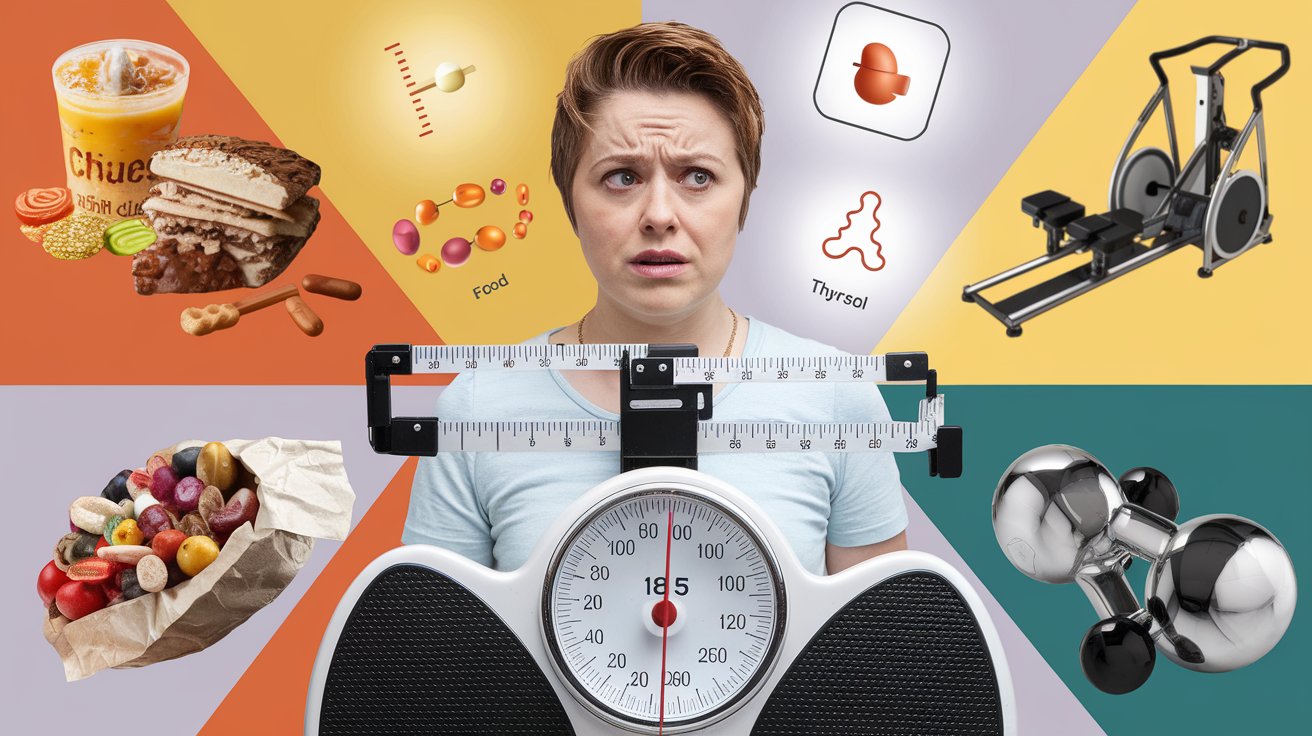
It is also crucial to realize that weight loss can stem from an increased or decreased level of any hormone such insulin or cortisol or even thyroid hormones. Conditions such as thyroid disorders for instance may result in either weight gain without any effort, or vice versa; weight loss is a challenge.
2. Mood Swings and Anxiety
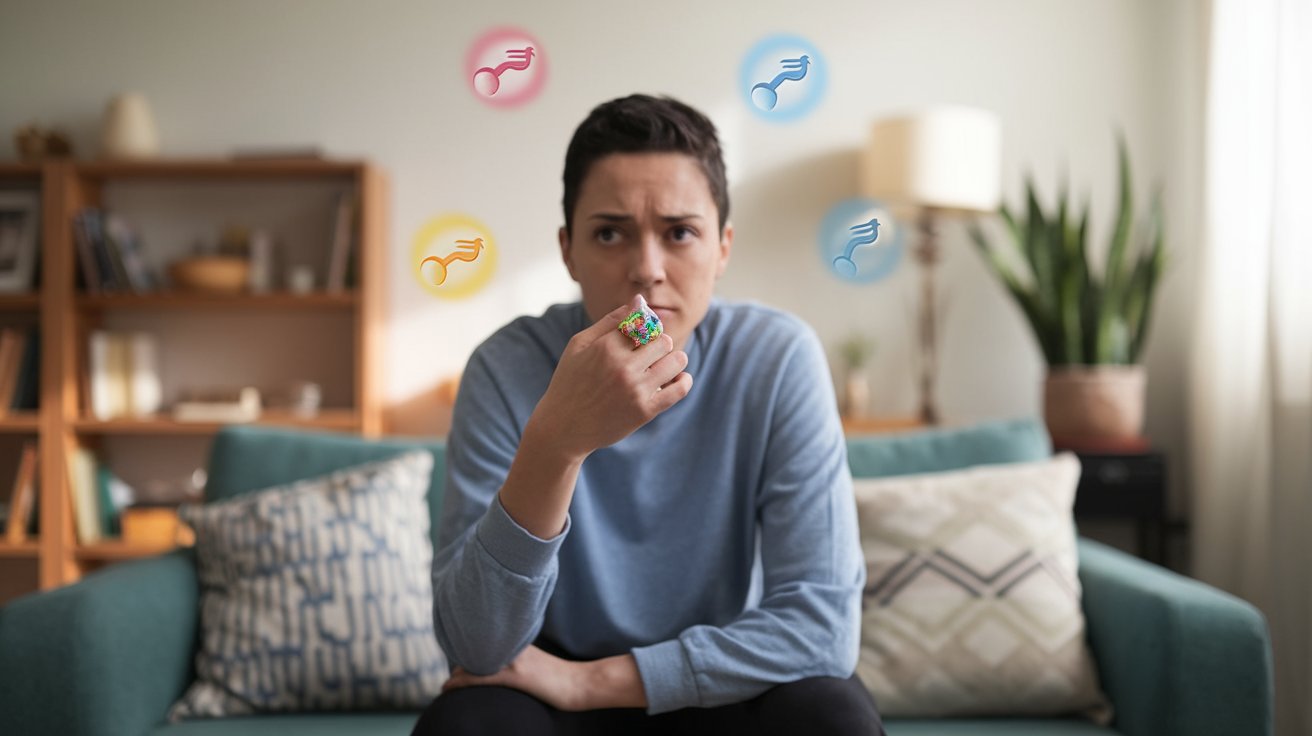
In rate of hormones like estrogen, progesterone and testosterone, mood is affected thus leading to irritability, anxiety or even depression. For example, many women get moody during PMS or menopause probably because of fluctuating estrogen level.
3. Fatigue
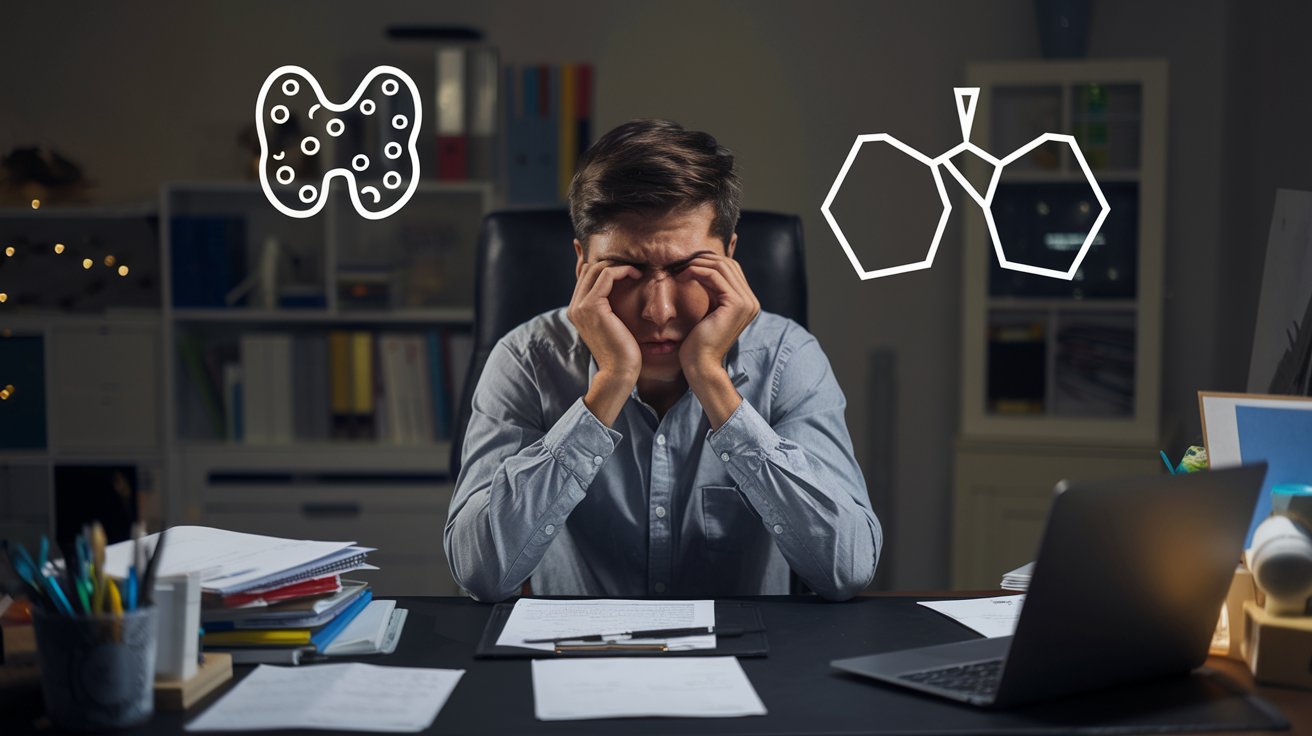
Lack of energy, even when there has been proper rest at night indicates that the hormones may be off balance. For example, low thyroid hormones mean hypothyroidism that predisposes the affected individual to always feel exhausted during the day.
4. Skin and Hair
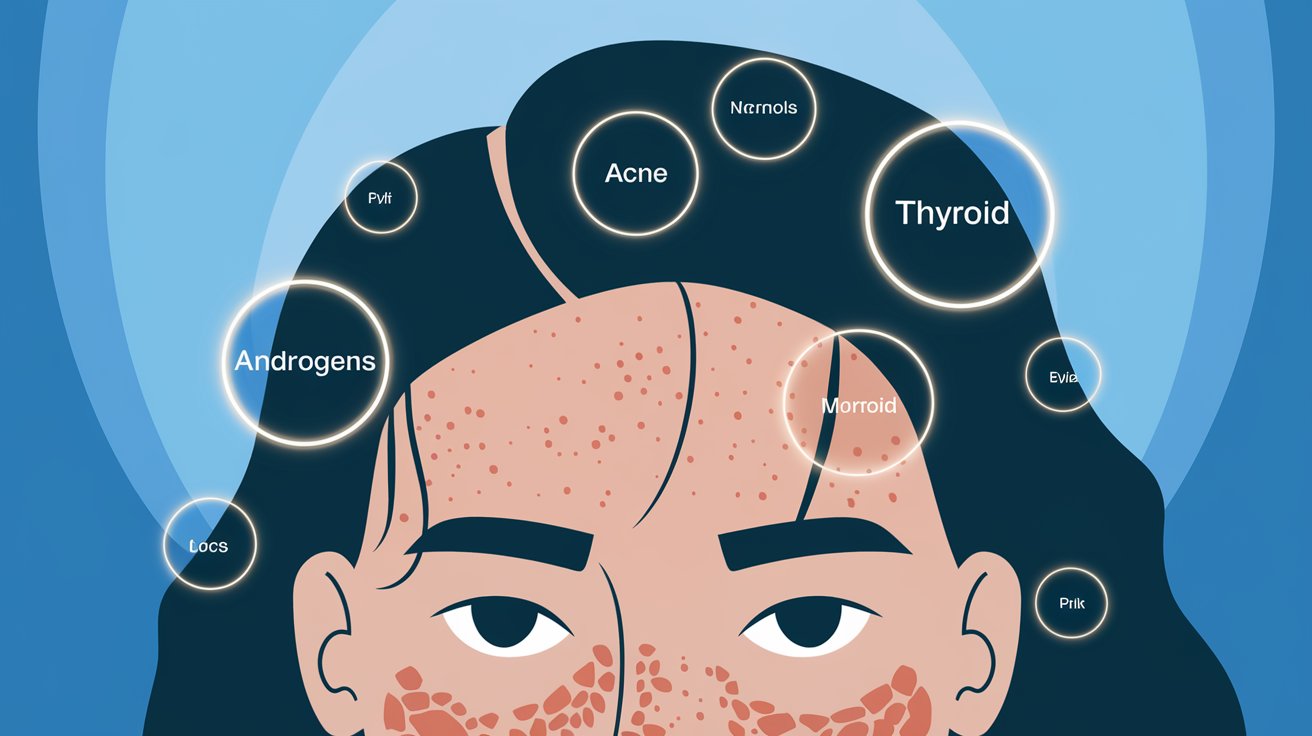
There are many hormonal changes that occur in the body and most of them have a direct impact on the skin and hair. For example, high levels of androgens, which are male sex hormones, can lead to such problems as acne and oily skin, whereas changes in the thyroid hormones cause skin to dry, and hair to become thinner.
5. Irregular Menstrual Cycles

Hormonal imbalances are common among women including the lack of a regular menstrual cycle. Gynae issues such as PCOD or thyroid disorders are some of the gynae issues that lead to irregular periods, heavy bleeding or even painful periods.
6. Low Libido
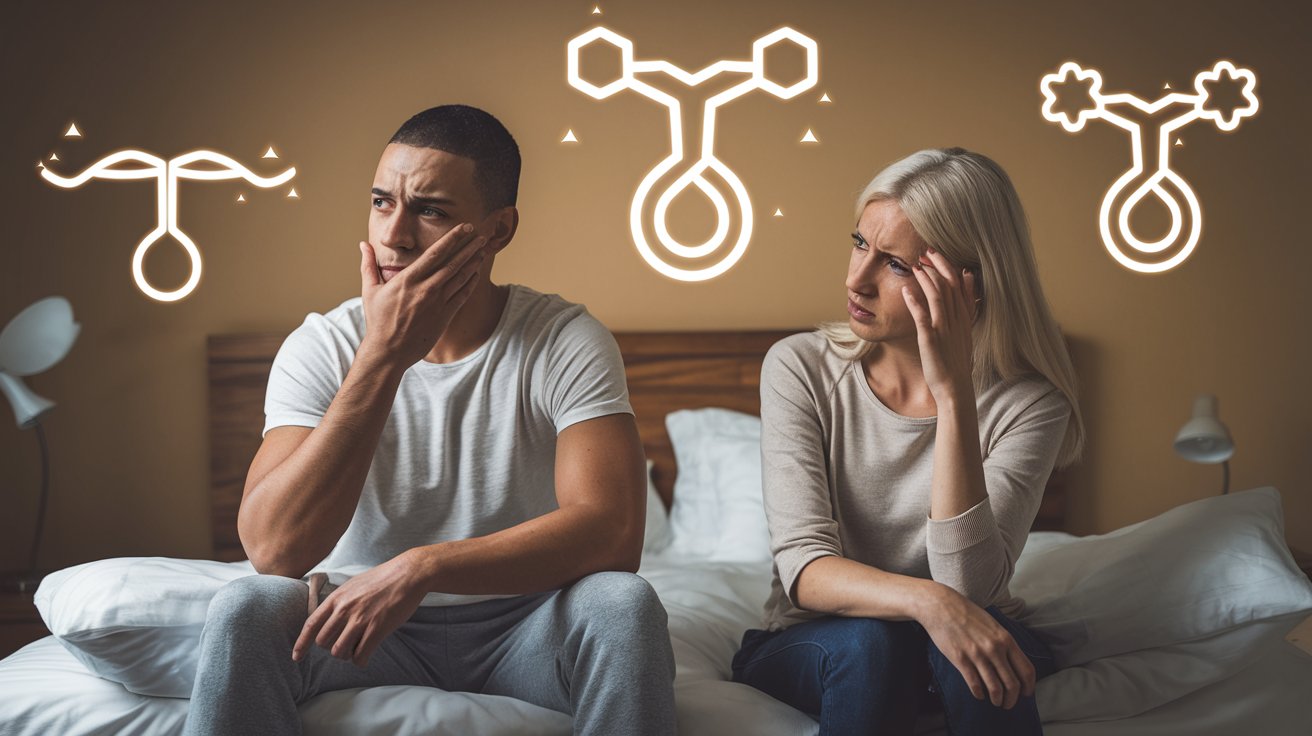
Hormone deficits such as testosterone and estrogen are known to depress sexual desire and create problems in regard to libido. They are some of the natural aspects that women may pass through due to menopause, aging or other natural hormonal changes but lack of sexual desire is arguably a more serious hormonal imbalances issue.
Treatment for Hormonal Imbalance
Fortunately, problems related to hormonal imbalance are not untreatable. The nature and the type of the treatment depend on the cause, which has been diagnosed and which hormones are produced in excess or in deficiency. Here are some common treatments:Here are some common treatments:
1. Lifestyle Changes

There is a lot that can be done to modify the hormonal balance and one of the best ways is by practicing moderation. This includes:
Diet: A diet containing low processed food, fiber, healthy fats and mere protein can assist to control hormone. Avoid foods that are processed, candies, chocolates, drinks containing sugar and caffeine as they trigger imbalances.
Exercise: Exercise assists in regulating levels of insulin and cortisol within people’s body. Thus, the integration of strength training and cardiovascular exercise can enhance hormonal overall well-being.
Stress Management: Mainstream activities such as yoga, meditation, and deep breathing exercises are known to lower cortisol level and bring hormonal balance.
Sleep: Another one is to sleep for 7-9 hours every night. Establish ‘‘Wind-down’’ routines before sleep and avoid the use of electronic devices at night.
2. Hormone Replacement Therapy (HRT)
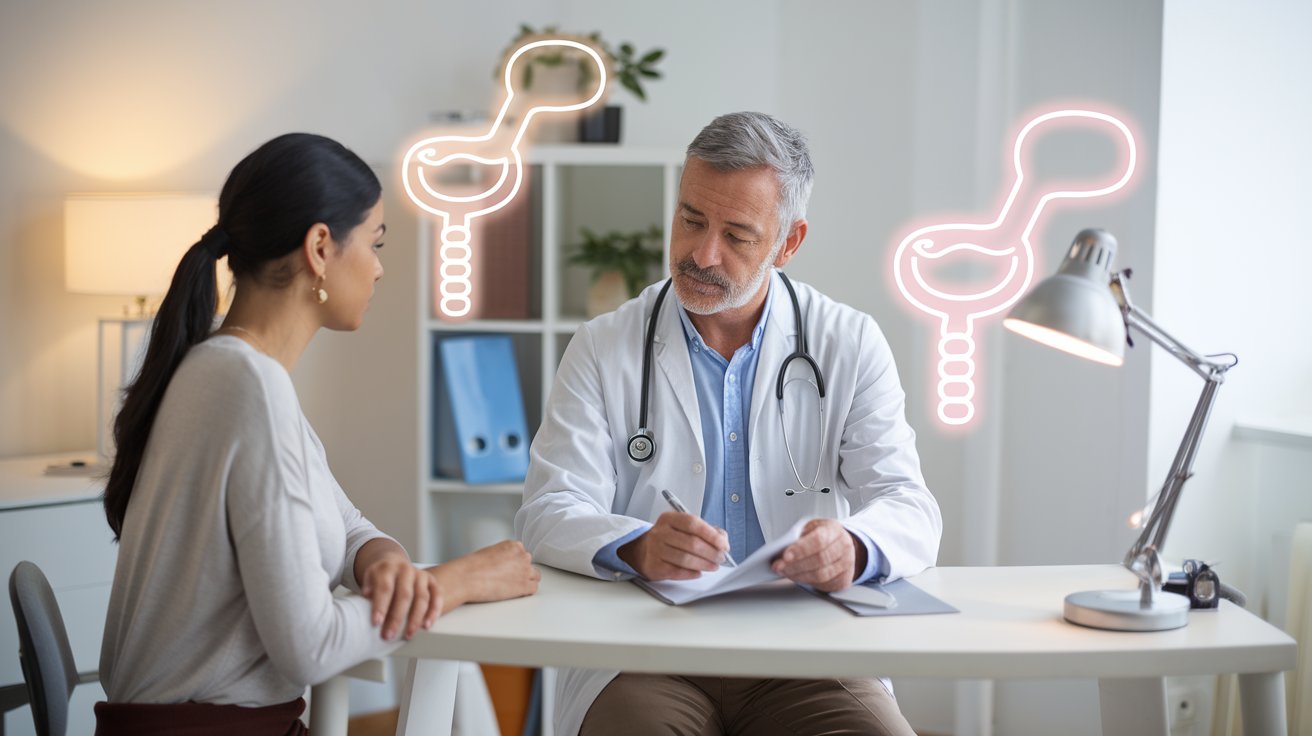
Sometimes, a woman might need hormones to be put back in place depending on her age, menopausal period or diseases such as hypothyroidism. HRT is a process by which individuals are given hormone supplements which are close in nature to the body’s hormones. This treatment should however be done under supervision of a physician since it poses certain dangers for instance; it raises chances of getting blood clots or even cancer.
3. Medications
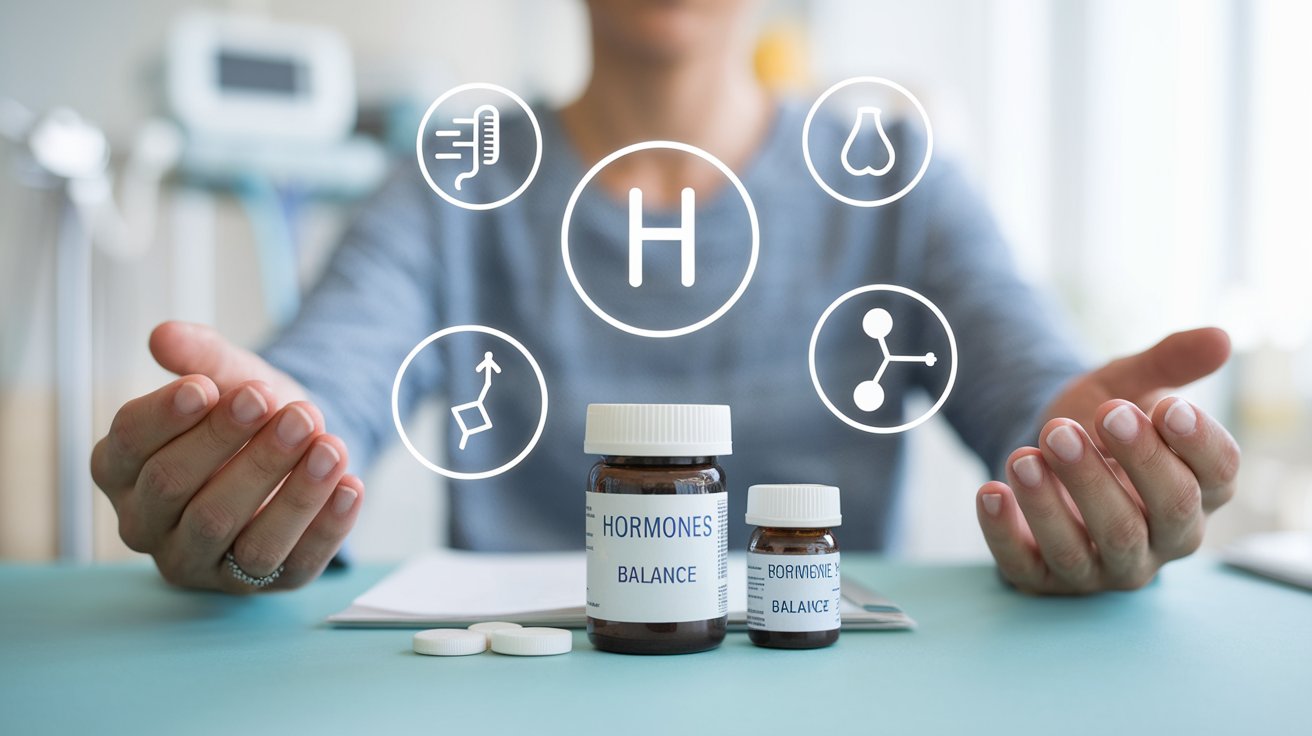
In some cases, hormone therapy may be required to regulate hormonal differences that individuals have. For example, women suffering from PCOS will have to take contraceptives to keep the levels of estrogen and progesterone in check, and diabetic patients require insulin.
4. Natural Supplements

There are many natural supplements that are said to aid hormonal health including magnesium, vitamin D, omega-3 fatty acids and ashwagandha and maca root. These supplements can work on stress hormones, help you have a better sleep and support the thyroid gland. Nevertheless, it is always advisable to consult your doctor before incorporating supplements in your diet.
Conclusion
Hormonal imbalance may look all so daunting at first glance, but the good news is that it is not something that cannot be controlled or managed. It is therefore important that you learn the symptoms and eradicate the causes to regain your health through changing your lifestyles, taking your medications or using natural remedies. The initial change towards a more balanced hormonal state and therefore feeling like your old self again is to learn the signs that your body is giving you.
